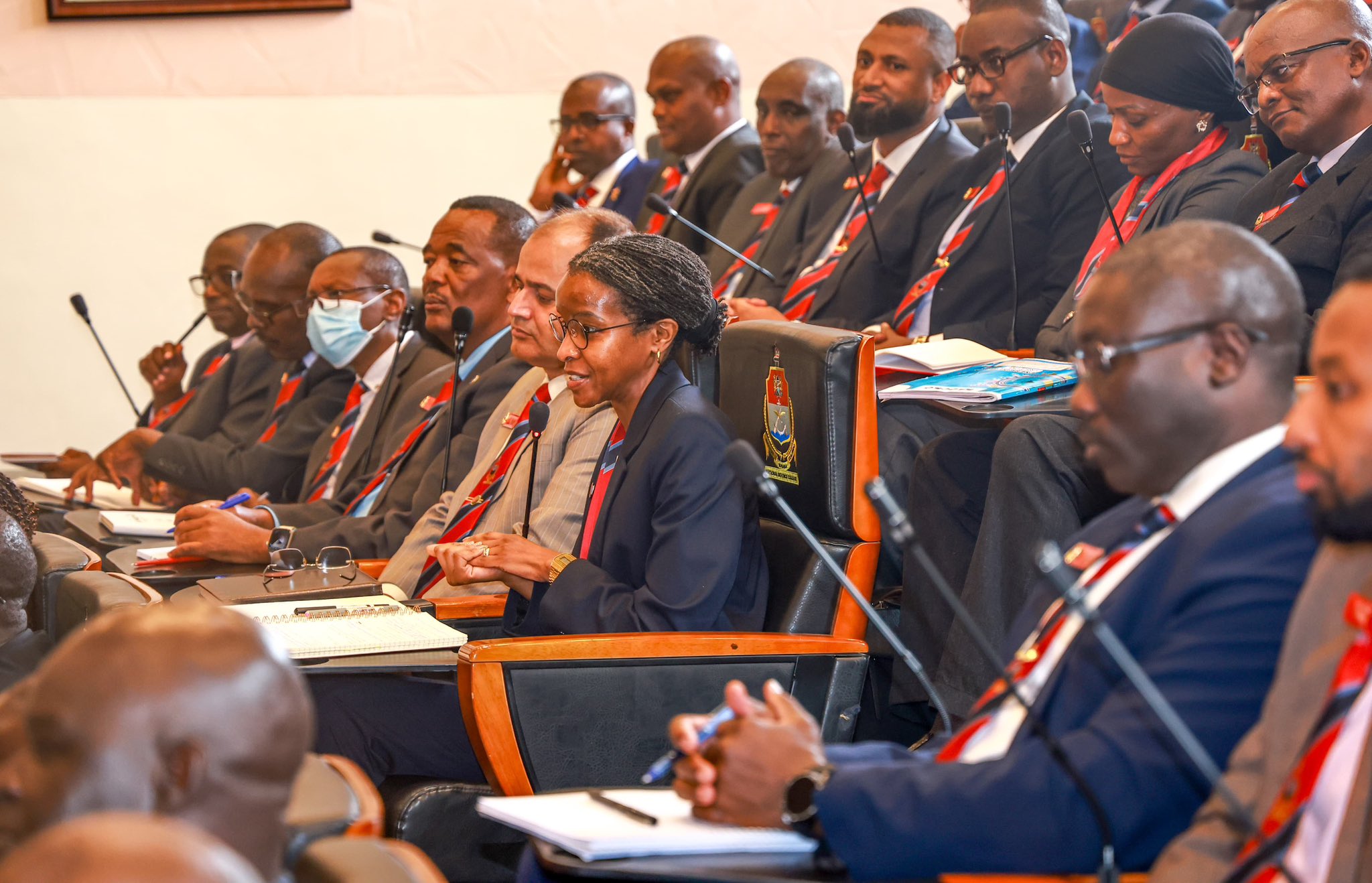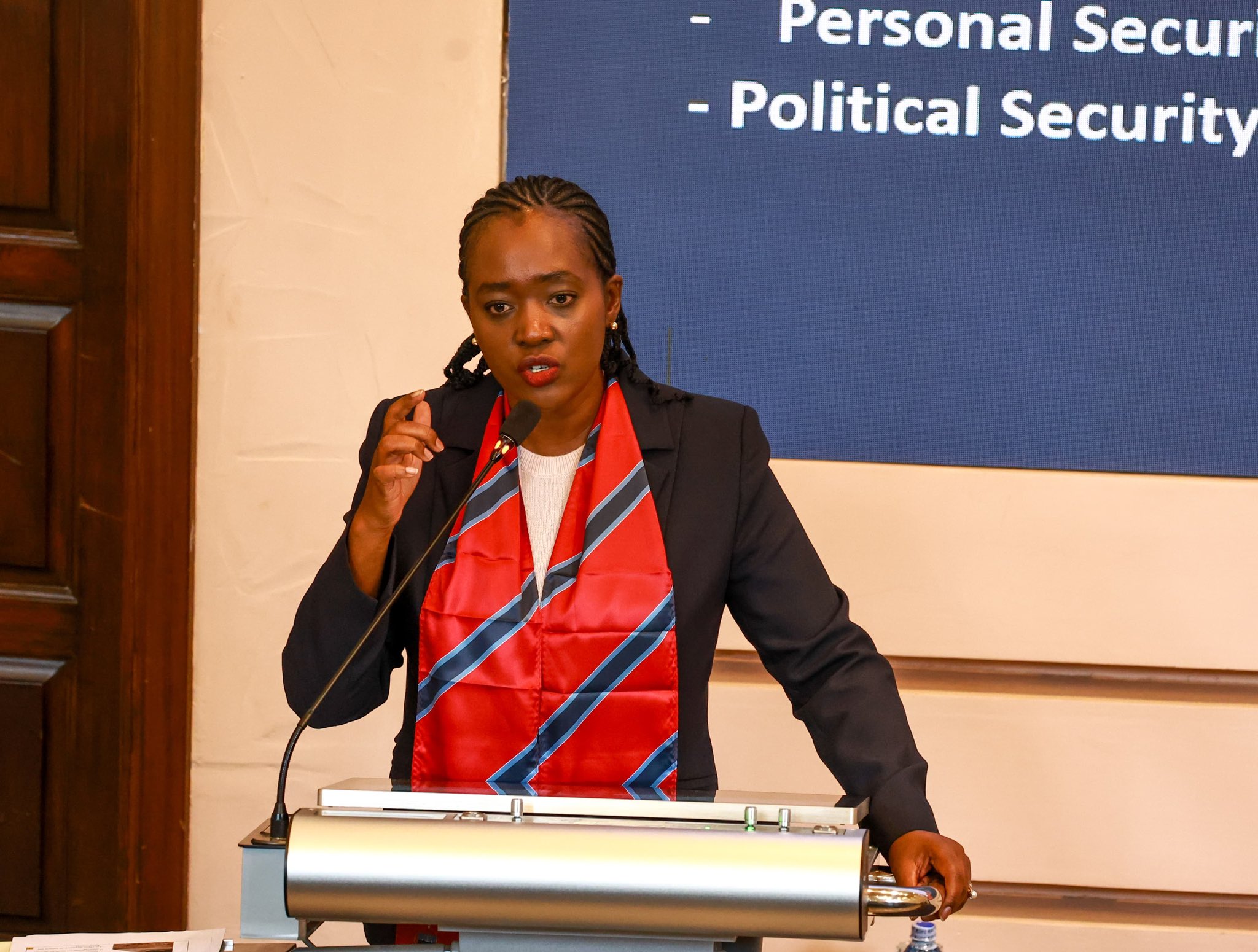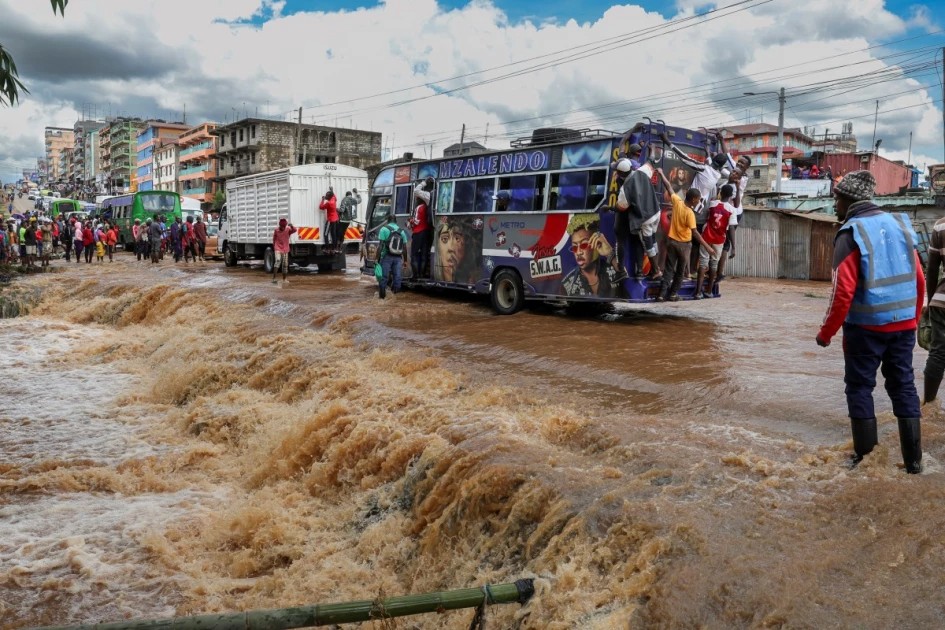- CS Tuya has highlighted how climate change exacerbates existing inequalities, strains governance, and heightens intergroup tensions.
Climate change is profoundly impacting human security, presenting challenges that many find difficult to navigate. Human security encompasses protection from threats such as hunger, disease, and repression.
As unpredictable weather patterns disrupt agricultural output, the resulting scarcity of water and food intensifies competition among communities, leading to increased hunger. Moreover, climate change has the potential to displace populations.
During a lecture at the National Defence College (NDC) for Course No. 27 of 2024/25 on April 10, 2025, the Cabinet Secretary for Defense Soipan Tuya emphasized the need for effective climate security interventions.

She argues that these interventions must integrate environmental resilience with conflict prevention strategies by addressing both ecological degradation and security risks.
Read More
CS Tuya has highlighted how climate change exacerbates existing inequalities, strains governance, and heightens intergroup tensions.
"Climate change weakens resilience and heightens vulnerabilities, contributing to instability and conflict," she explained.
Furthermore, she noted that climate change acts as a "threat multiplier," intensifying competition for resources, food and water insecurity, and displacement.
The National Defence College's Course No. 27 is an intensive one-year program aimed at developing visionary leaders in global security and diplomacy.
Participants include members of the Kenya Defence Forces, as well as representatives from various Ministries, Departments, Agencies, and allied nations across Africa and Asia.






